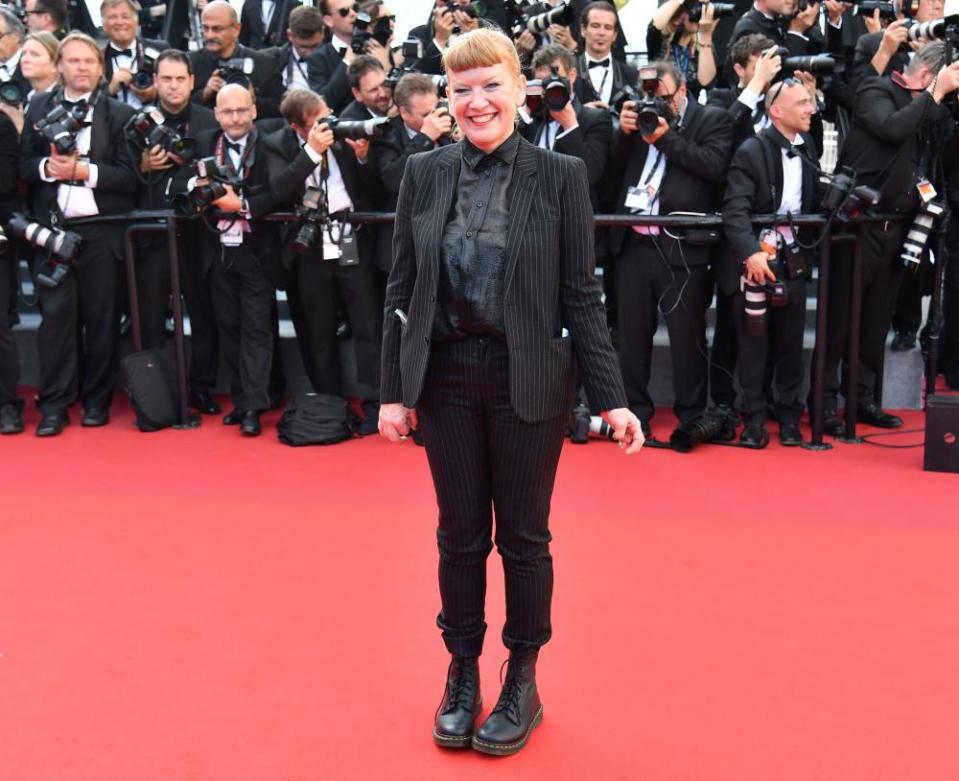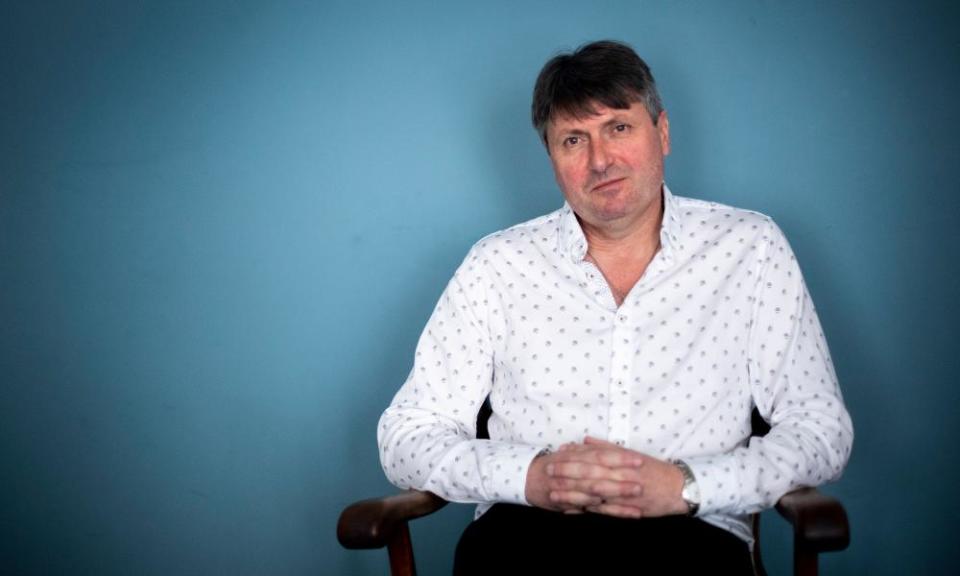It's shameful that Ken Loach is the only Brit in the Cannes competitions

It has been left to an 82-year-old director alone to fly the British flag at Cannes with Sorry We Missed You, Ken Loach’s 16th movie, at the world’s premier film festival. Suffering is a regular Loach trademark, but his skill is his instinctive understanding of the human condition, coupled with great storytelling as in I, Daniel Blake, which won the Palme D’Or in 2016 (pictured above).
This year, there is no other British director in any of the three Cannes competitions. Shameful. Some, like Andrea Arnold, a proved success after Fish Tank and Red Road, crossed the Atlantic to make movies and TV such as the Emmy-winning Big Little Lies (she’s directing the whole of season two). Others have simply dumped the wide screen for simpler and more lucrative opportunities on the smaller one.
Over the past six months, most British films, with the exception of The Favourite, which needed a Greek director Yorgos Lanthimos to provide pizzazz, have left me in despair. Fisherman’s Friends was corny Cornish codswallop, while Trevor Nunn’s Red Joan was simply ploddy. Tulip Fever, based on Deborah Moggach’s bestseller, was finally released in just a few cinemas – a staggering two decades after being conceived as a movie. It then went straight to its DVD death.
Yet foreign films such as Roma (Mexican), Capernaum (Lebanese), Shoplifters (Japanese) Burning (South Korean) and Woman at War (Icelandic) have been utterly original and brilliantly written.

Andrea Arnold in Cannes, 2017.Photograph: Alberto Pizzoli/AFP/Getty Images
The British Film Institute, our main movie funder, the National Film School and the soon-to-be opened London Screen sixth-form academy in Highbury, north London, must urgently address our script crisis. Backed by Working Title, Eon and Heyday, home to Harry Potter, the new academy’s remit is that “storytelling is at the heart of everything we do”. Something Loach has always known.
Jacob Rees-Mogg, that darling of the Tory right, takes on Tristram Hunt, former Labour MP and director of the V&A, in a debate on the Victorians on Tuesday at Central Hall Westminster. Rees-Mogg has a book out on Thursday about 12 Victorian “titans” and yet all are men such as Palmerston, Peel and Brunel, except for Queen Victoria herself. What about Florence Nightingale, Octavia Hill or George Eliot? Rees-Mogg, who poses as a Victorian squire, will meet his match in Hunt, who has two fine books on the period to his name.
How did Rees-Mogg find time to put quill to parchment while also chairing the ERG? With a little help from researcher friends? His chum Boris Johnson was more blatant with his Churchill biography, relying on a noted university academic, who had already written a book on the wartime leader, for the research donkey work. Johnson was then commissioned to write about the Bard, so he contacted an eminent Oxford Shakespearean expert to assist. Appalled at the cheek, the prof told him to get lost. In the end, the book was dropped.

Royal dilemma: poet laureate Simon Armitage.Photograph: Victoria Jones/PA
Postscript to the well-deserved appointment of Simon Armitage as poet laureate. A while ago, he expressed concern to me about scribbling on “royal hatches, matches and dispatches” if he became laureate. “Has anybody asked the royal family if this is still what they want?” he queried. I wonder too.

 Yahoo News
Yahoo News 
